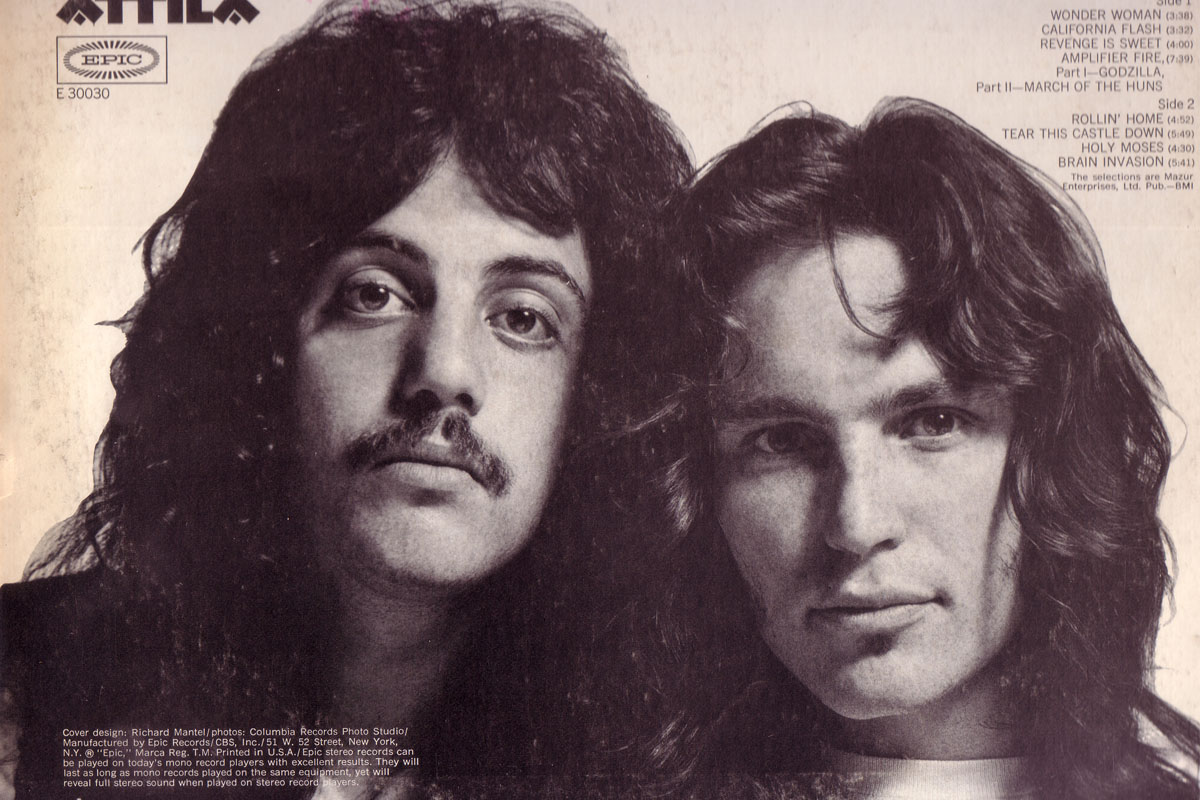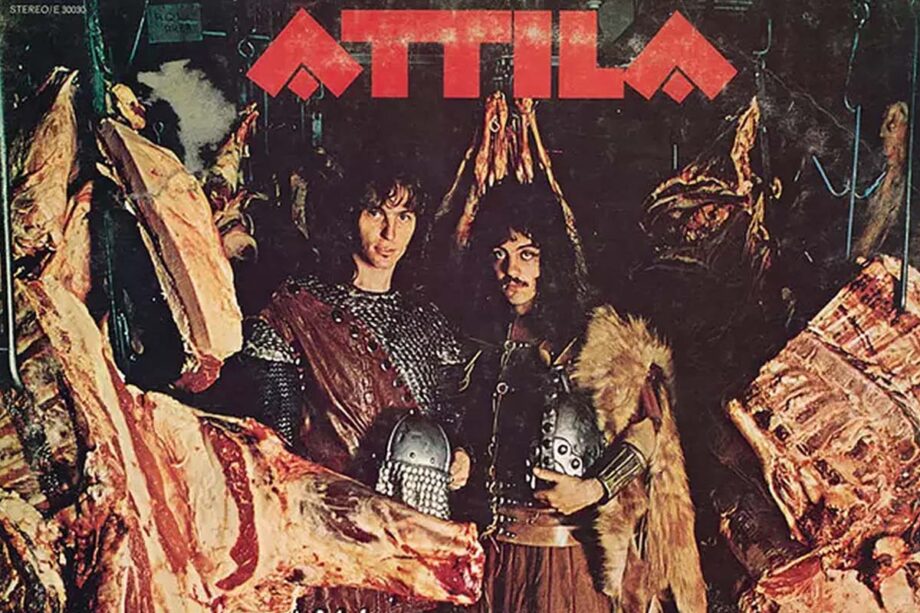Before becoming the ‘Piano Man,’ Billy Joel briefly ventured into heavy metal with Attila. It was a short-lived project formed in 1969 alongside drummer Jon Small. According to WNYC Studios, the duo emerged from their previous band, The Hassles, to create something louder and more aggressive than mainstream rock at the time.
Billy Joel’s Career With Attila

Attila’s lineup was unconventional: Joel played organ while handling bass lines, and Small provided drums. The band’s approach created a massive, distorted sound and helped them earn comparisons to the heaviest rock acts of the era. As Joel puts it, his teenage mindset behind the project was clear, “If you’re going to assault the rock world and crush it under ten Marshall amps, wouldn’t Attila the Hun, who plundered Italy and Gaul and slaughtered quite a few innocents along the way, work as a role model? I was 19, and at that age, if you’re loving your heavy metal, it’s all about thrash, kill, metal, slash, burn, pillage, repeat.”
According to Ultimate Classic Rock, their self-titled debut album, released on July 27, 1970, featured songs like ‘Amplifier Fire.’ It included two parts named ‘Godzilla’ and ‘March of the Huns.’
Live performances, however, were met with mixed reactions. Joel later admitted that audiences found them overwhelming, saying, “We played one gig. I think it was in Ungano’s, on the West Side in Manhattan, and people went fleeing from the place. We were so loud. You could see blood coming out of people’s ears. It was just horrible. Thank God it didn’t happen because I would’ve screamed myself right out of the business.”
The End of Attila and Joel’s Musical Shift

Attila disbanded in 1970 due to both personal and professional conflicts. Joel’s relationship with Jon Small’s wife, Elizabeth, led to tensions between the two bandmates. Around the same time, Joel reevaluated his career goals and decided to leave behind the heavy rock sound in favor of songwriting and piano-driven music. “I decided I no longer want[ed] to be a rock and roll star,” he recalled. “I got that out of my system. I was about 19 or 20. I want to write songs now.”
Joel later described Attila as “psychedelic bullsh*t” and “a colossal failure.” Despite this, the album gained a cult following over the years for its experimental value and raw energy.





